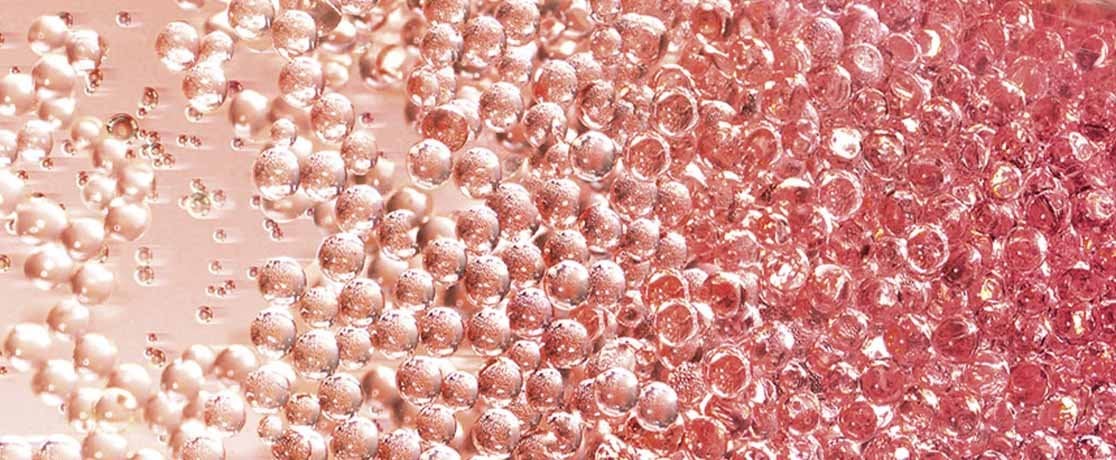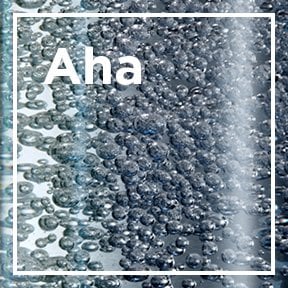
More about Probiotics
The questions are seemingly endless, and while we’re all in agreement that incorporating them into your skincare routine in some capacity can only have a positive impact, it’s important to understand why. So, we’re here to answer the most asked questions to make sense of everything once and for all…

What are probiotics?
In essence, probiotics are a collection of microorganisms (usually bacteria or yeasts) that can be integrated into different kinds of products, such as cosmetic products – and while that doesn’t sound very appealing, they play an incredibly important role in the skin’s ability to protect and defend itself. In our cosmetic products, we use probiotic fractions, meaning microorganisms are lysed/broken during their obtention process.
All of us, as humans, have our own unique, everchanging combination of those microorganisms, which is known as the microbiome – which is something you’ve likely heard of, too. It’s unique to each individual but we find the main clusters of microorganisms in all individuals, and it is stable over time (year after year) in most body sites. There are 2 microbiomes: the permanent one that will be stable over time and the transient one that can be modified by the environment. The Microbiome has several functions: to regulate, protect and repair/recover the skin. It is important to keep the microbiome well-balanced to maintain an optimal skin barrier, a skin that better defends itself against aggressors and that self-recovers faster and then preserves skin from any issue.
What are probiotics good for in skincare?
OK, now we’ve cleared up what probiotics are, now it’s time to understand what probiotics do and what their benefits are. In short, the microbiome is extremely delicate, and it doesn’t take much for it to thrown out of whack. Everything from UV light to pollution and even the existing skincare you’re using, especially hygiene products, can impact skin’s microbiome and cause skin issues like sensitivity, dryness, and in extreme cases, acne.
And that’s where probiotic skincare comes in: by applying it topically, it can help restore the skin balance and ensure skin barrier stays as reinforced as it possibly can.
What is the difference between pre and probiotics?
There’s no denying that the terms probiotics and prebiotics sound confusing – especially when they’re all terms that relate to each other. But put simply, prebiotics are considered the ‘food’ that encourage good bacteria to grow, probiotics are the bacteria (or microorganisms) themselves.

















